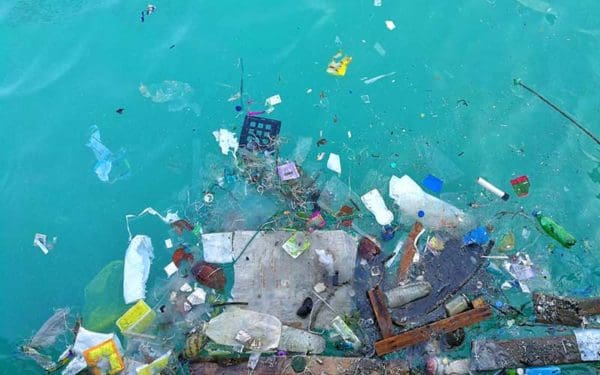Connecticut Modernizes Its Bottle Bill, But at What Cost?
Connecticut’s updated bottle bill is both a step forward and a step back. We break down the good, the bad, and the ugly of the new legislation.
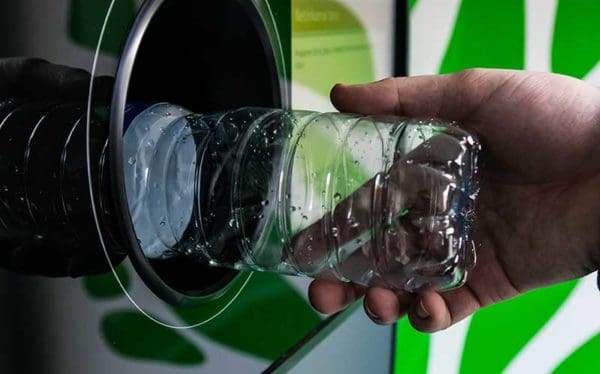
Connecticut’s updated bottle bill is both a step forward and a step back. We break down the good, the bad, and the ugly of the new legislation.

The plastics and petrochemical industries want to make it easier to burn plastic with high-heat technology. Why? So that they can continue to produce tons of plastic while pretending to be a part of the solution. But plastic-burners are toxic. That’s why we’re fighting back.
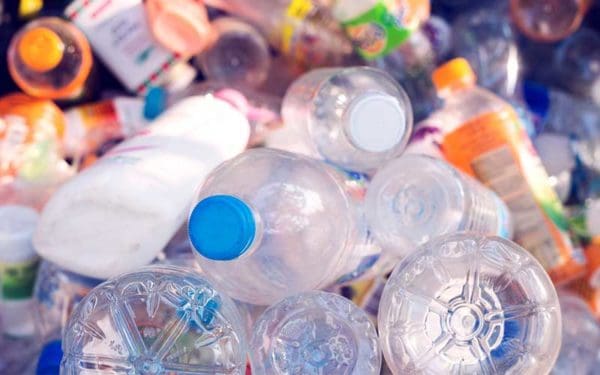
I’ve always assumed that because I care about Connecticut’s environment, others do, too. But after volunteering with CLF as a fellow earlier this year, I learned that Connecticut suffers from a waste crisis. Now, the blinders are off.
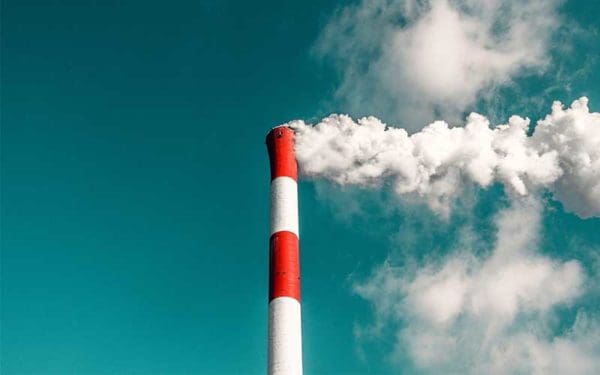
“Our legislators had the opportunity to pass a strong bill to reduce waste, increase recycling rates and slash pollution in our communities,” said Kevin Budris, Zero Waste Attorney at CLF. “While this bill includes some important updates, it’s not nearly as strong as it should have been. At the eleventh hour, legislators have handed the beverage industry the keys to the state’s bottle return system and significantly compromised the effectiveness of the legislation.”
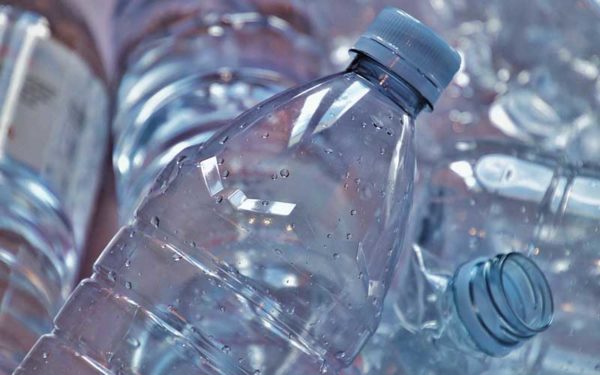
“Polluting landfills don’t belong anywhere near New Hampshire’s beautiful state parks,” said CLF attorney Peter Blair. “The Senate has taken a giant step backward in killing this commonsense legislation that would have preserved parks for everyone’s enjoyment. It’s time we stop the endless construction of landfills and instead boost recycling and other proven methods to reduce our waste.”
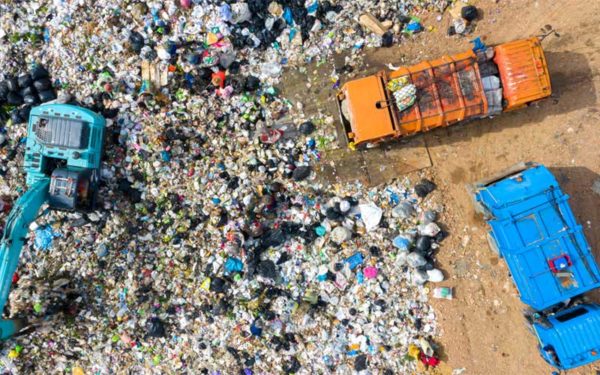
Incinerator emissions are polluting the air and poisoning our communities. The problem is, clean air laws often favor polluters instead of the people they’re supposed to protect.
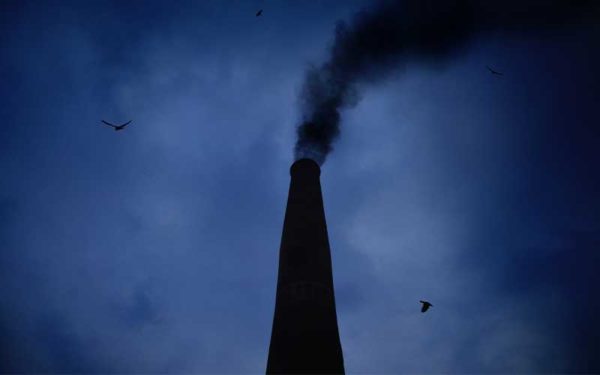
Expanding a landfill’s acreage or the number of tons it buries each year only increases the pollution it emits. That’s why CLF is fighting back against these southern New England landfill expansion proposals.
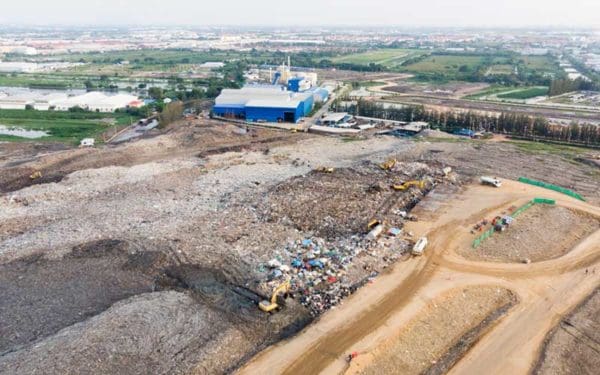
Time and again, corporate waste giants are granted permission to expand their dangerous landfills. CLF is working to stop these Northern New England landfills from getting bigger and harming our communities.
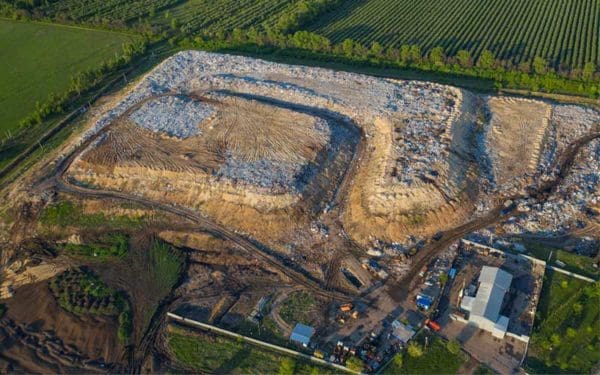
“Updating Vermont’s bottle bill is a win-win for our communities and our environment,” said Jen Duggan, Vice President & Director of CLF Vermont. “These changes to the bottle bill will result in less climate pollution and waste in our landfills, more green jobs, and millions of dollars for the state’s clean water fund. Passing this legislation into law is just plain common sense.”

On December 2, 2020, a ship carrying plastic waste from abroad was being unloaded when 5,000 pounds were lost to Maine’s Penobscot Bay. The spill sparked outrage and left many people asking the same question: Why is the U.S., which generates the most plastic waste globally, importing even more plastic waste?
